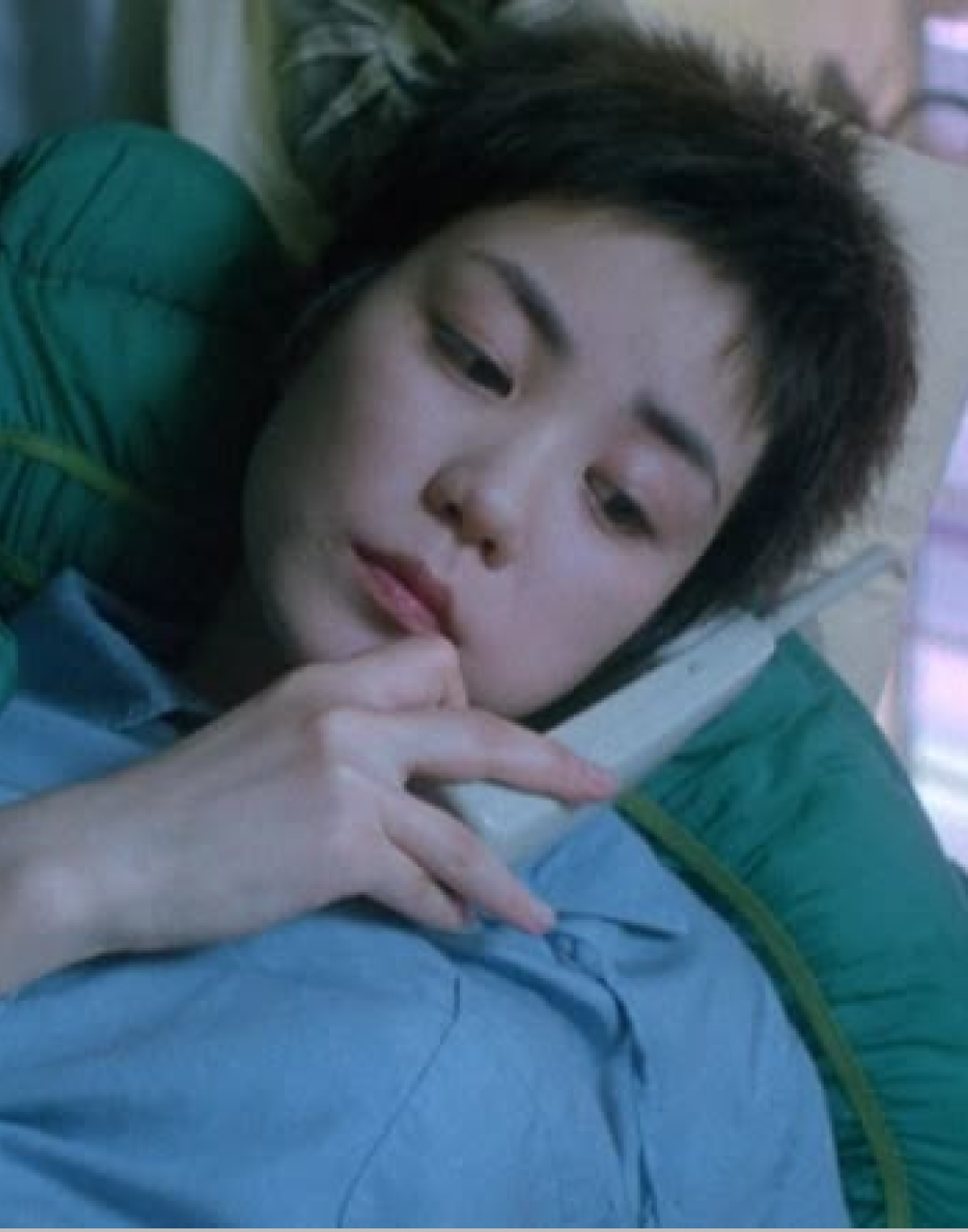
Why do celebrities are on the lowercase trend? A vertical phenomenon, which starts from the Gen Z
The text of the first SMS in history, sent on December 3, 1992, was “MERRY CHRISTMAS”. The caps lock was due to the euphoria of the moment, but nowadays such a message would be greeted with disturbance, since no one seems to tolerate capital letters anymore. It is well known that writing in caps lock often indicates that the sender is trying to express themselves by "screaming", which is frightening and at least uncomfortable. Perhaps not everyone will know that in this regard that a real metaphorical ban on capital letters is currently taking place, and we see it everywhere, from social networks to Spotify. On TikTok, for example, it is very rare to find a creator who writes in capital letters: just like on Instagram, those who use capital letters are greeted with considerable awe: influencers, singers, models have abrogated the use of capital letters in favor of a perhaps more "modern" or at least visually fluid communication. The Weeknd, which has been out a few days ago with the new Dawn FM album, is just one of the singers who have limited the use of capital letters in their music, given that in posts on Instagram to announce and promote the album, there are no capital letters, in defiance of grammar rules. This trend has been around for some time now, in fact already in 2018 artists like Ariana Grande or Charli XCX wrote the titles of their songs in the tracklists of their projects with lowercase letters. The same was done by the phenomenon of the moment par excellence of Gen Z, Olivia Rodrigo, born in 2003, who in her debut album, SOUR, treated representative themes of her generation in lowercase letters (except for the title of the album, evidently).
Although the captions of Kanye West's Instagram posts or the latest albums of Baby Keem, Roddy Ricch and Gunna would seem to prove otherwise, the tendency of artists to write in capital letters would seem to be strictly feminine, with men opting in most cases. for the classic grammar rules or even for an unwary use of the caps lock. A great lover of capital letters is Tyler, The Creator, together with Travis Scott and Kendrick Lamar, who, in fact, belong to Generation Y. The peculiarity that unites the three rappers is the fact of making music that transmits a strong energy and perhaps from here it originates the impossibility of giving up lowercase letters, something that could be taken into consideration by artists with a more relaxed sound. It wouldn't be surprising to see the song titles on Frank Ocean's next record written without capital letters. Virgil Abloh, who belonged to the same generation of his friend YE, made the capital letters, associated with the distinctive Helvetica font, an element that has become the benchmark of Abloh's imagination and his creations on a visual level.
The new trend is attributable to Gen Z, who started a crusade against capital letters from TikTok. Bommers scream on Facebook in all caps, while Gen z whispers on TikTok. It is no surprise then that the captions of the posts of the most representative series of twenty-year-olds today, Euphoria, on Instagram do not contain any capital letters, or that Billie Eilish writes the texts under her photos as any of her peers would do: sometimes he just uses emojis, other times (a few) he uses the caps lock to deliberately scream his emotions, in all other cases, there is no trace of capital letters.
The link between emotions, communication and lowercase letters is also boldly claimed by models, influencers, actors, characters close to or belonging to Generation Z, therefore protagonists in the first person of the new way of writing something online. In an article by the Business Insider, for example, reference is made to the old Facebook logo, now Meta, which before the rebranding had a logo that literally "seemed to scream what it was", something so anachronistic and out of place that it had to be changed in the new one. Meta logo, which has only a capital M and therefore transmits much more serenity to those who see it (i.e. hundreds of millions of users every day, every time they open the apps owned by Zuckerberg's company). According to Kitty Grady, "The trend of lowercase letters is anything but predictable," a bit like Generation Z itself. The fact that musicians and celebrities have joined the trend (or, more simply, they are feeding it as mentioned above). The demonstration that form and meaning often coincide, and that, especially when we talk about communicating an identity, a message, a way of being, form is substance.














































